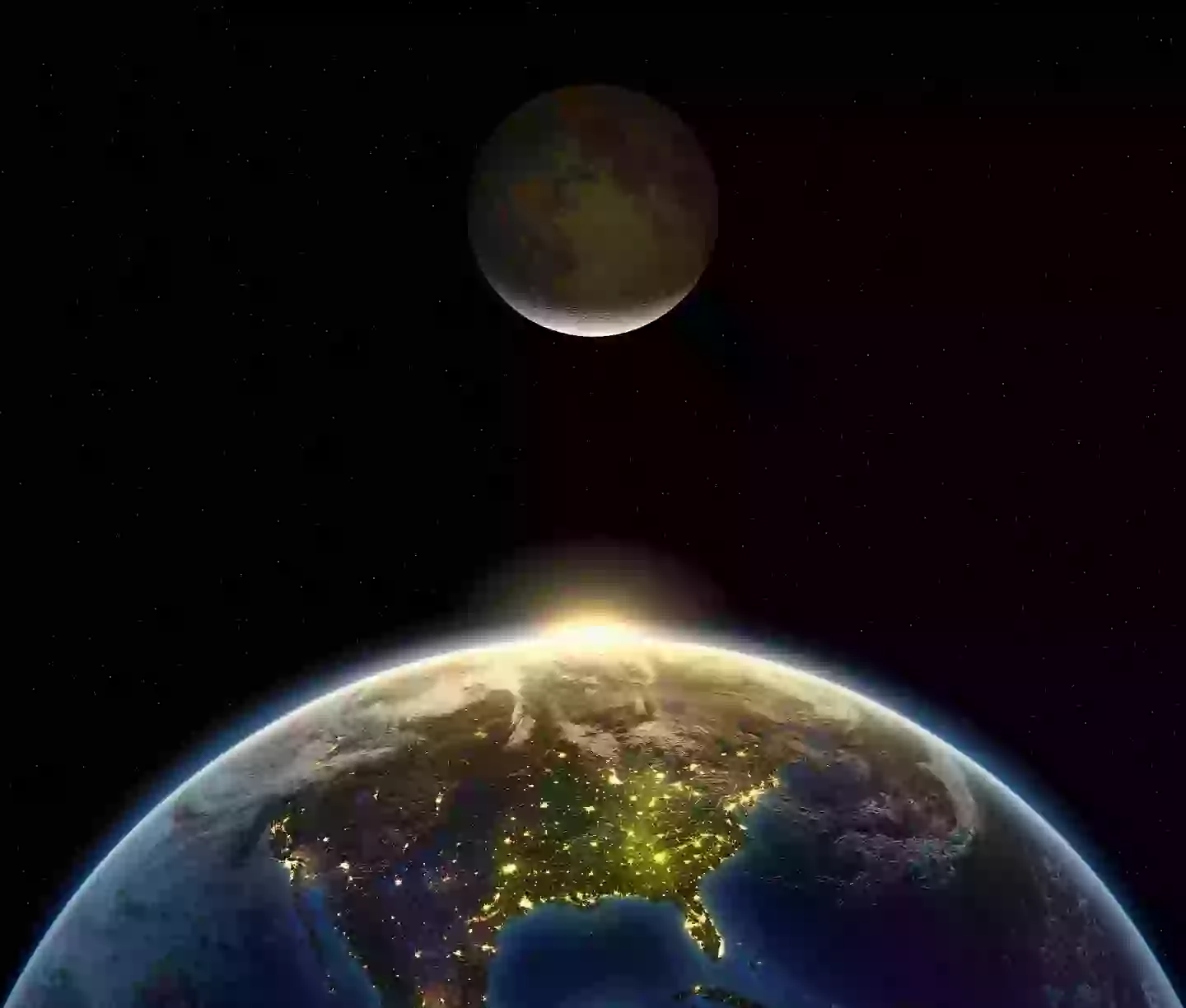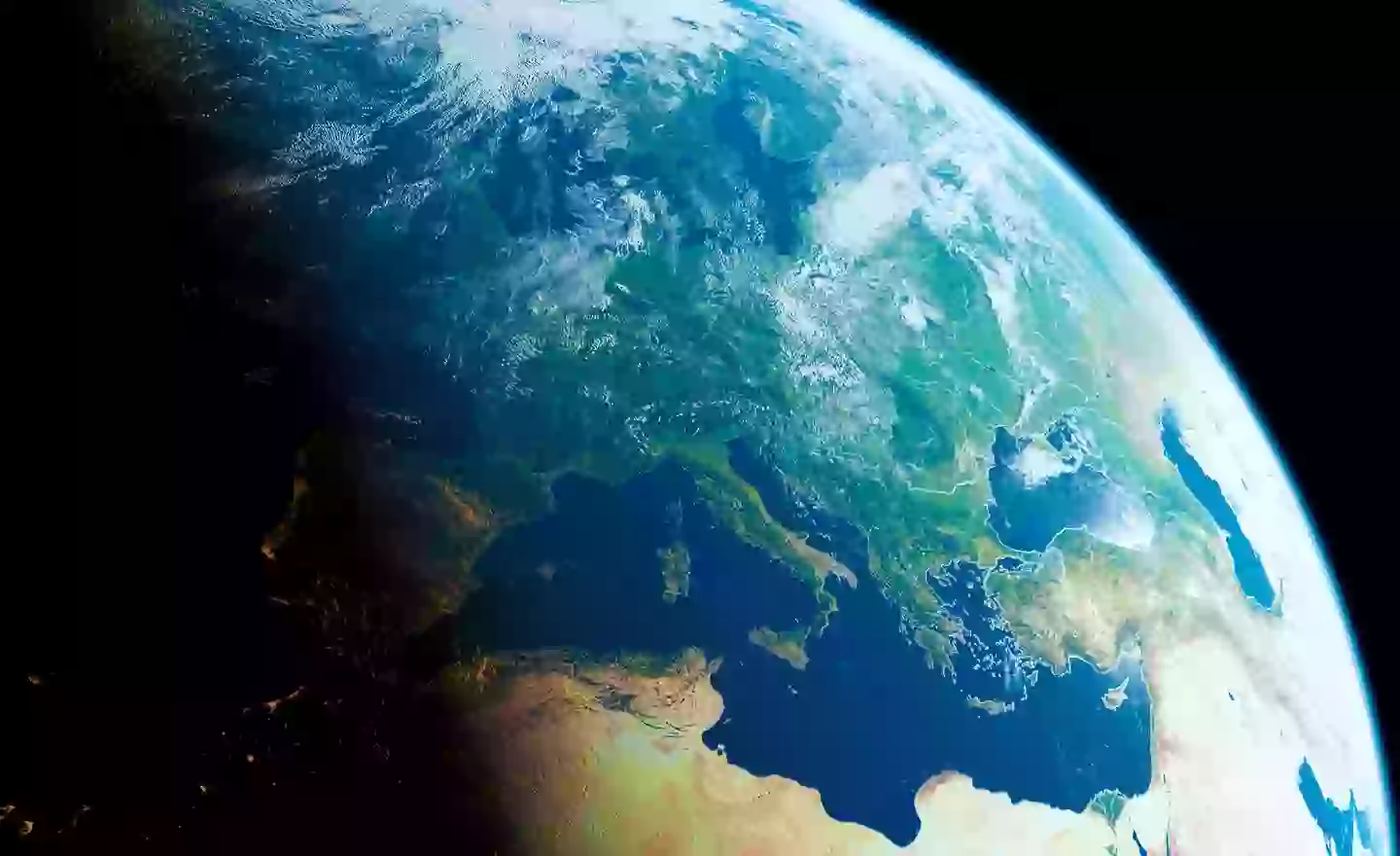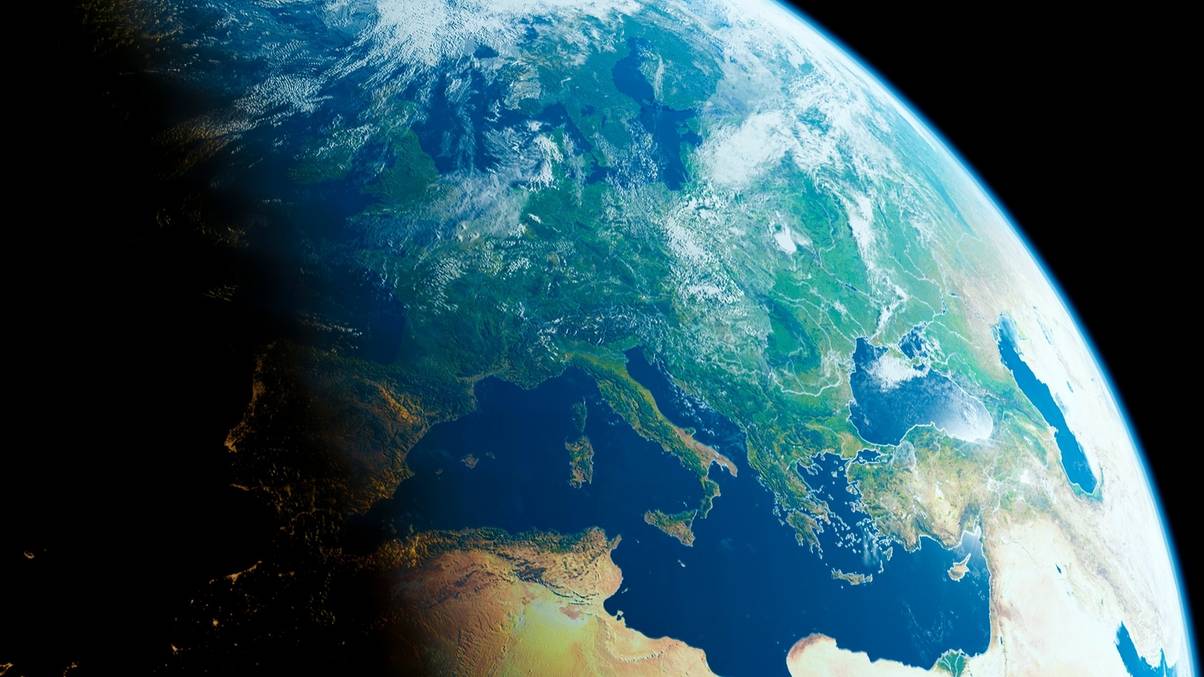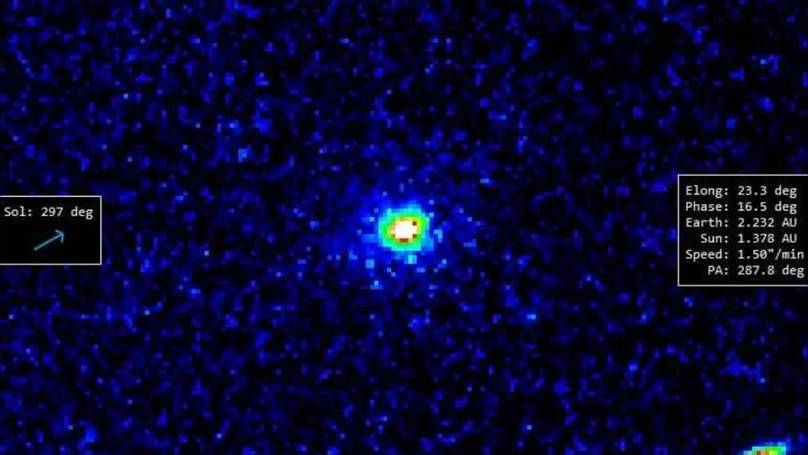Unraveling the Mystery: Why Is Today the Shortest Day Ever Recorded?
Ever thought a Tuesday could just zip by so fast you’d miss it if you blinked? Well, buckle up, because August 5th has been officially crowned one of the shortest days in recorded history—yep, the Earth is giving us a cosmic speed boost, shaving off a tiny but mighty 1.25 milliseconds from the usual 24 hours. Now, you might wonder, “What’s the big deal about a few milliseconds?” It turns out, our lunar neighbor, the Moon, is busy tugging on our planet with its gravitational pull, stirring up a chain reaction that pushes ocean waters towards the equator—and that could ruffle some serious feathers for coastal cities. Imagine if Earth suddenly took the fast lane all the time—shorter days, scrambled internal clocks, and weather so wild even hurricanes are jealous. Is our planet just showing us a new kind of fast-forward button, or is there something mysterious happening beneath its surface? Let’s dive into this spinning tale of science and possibly the quickest Tuesday ever. LEARN MORE.
It’s been confirmed – today, the 5th of August, will be one of the shortest days in recorded history.
Scientists have issued the warning, but many will be wondering what all the fuss is about.
Experts have been blindsided by the spin-up, more than a year on from the fastest day on record. It is expected that today, the planet will spin slightly faster at its poles, which will take 1.25 milliseconds off the normal 24-hour day.
This comes close to the fastest ever day on record back on 5 July 2024, when Earth spun 1.66 milliseconds faster than a regular day.
It may sound like nothing, with nobody being able to tell the difference, but it turns out that in the long-term, this could be detrimental to our world.
If you’re asking why, the simple answer is because of the moon’s gravitational pull.

The moon has a part to play in all of this (Getty Stock Image)
While it dictates the tides of our seas and the planet’s axial tilt, it is said that this may be the cause of the slightly sped up Tuesday we’re experiencing.
To get down and dirty in the world of science, the increased speed of the planet causes centrifugal force to push ocean water away from the poles and nearer to the equator.
Bizarrely, a shift of even a mile an hour could raise sea levels by multiple inches in regions near the equator, which would hit coastal cities in particular.
For the sake of discussion, if the Earth were to spin 100 miles an hour faster, areas around the equator may cease to exist altogether as rising water would engulf land in the area.
Scientists explain that if the Earth’s rotation keeps accelerating, the solar day may shorten to just 22 hours and shift everyone’s internal clock without an adjustment period.
We all know how rough it is to transition into and out of British Summer Time, with health studies linking the change to heart attacks and strokes, but imagine if the shift was permanent.

Today is set to be one of the shortest days in history (ARTUR PLAWGO / SCIENCE PHOTO LIBRARY)
Speaking to The Daily Mail, NASA astronomer Dr Sten Odenwald warned that weather would also become more extreme, with hurricanes set to become even more of a threat to humans.
Short days have become more common in recent years, with 19 July, 2020 being 1.47 milliseconds shorter than normal, while 30 June, 2022 was 1.59 milliseconds shorter than a 24 hour day.
The shortest ever day, recorded in July last year, is still the shortest on record since the introduction of atomic clocks in 1949.
The planet’s rotation can shift by minuscule amounts over time, though this may be due to natural forces and disasters.
Graham Jones, an astrophysicist at the University of London, predicted the change in days earlier this day, pinpointing the speeding up of Earth’s rotation on 9 July, 22 July and 5 August.
He is, however, unsure of the reason behind its acceleration, though he is currently focused on studying what’s going on beneath our planet, such as shifting molten layers in the core, winds, and ocean currents.



















